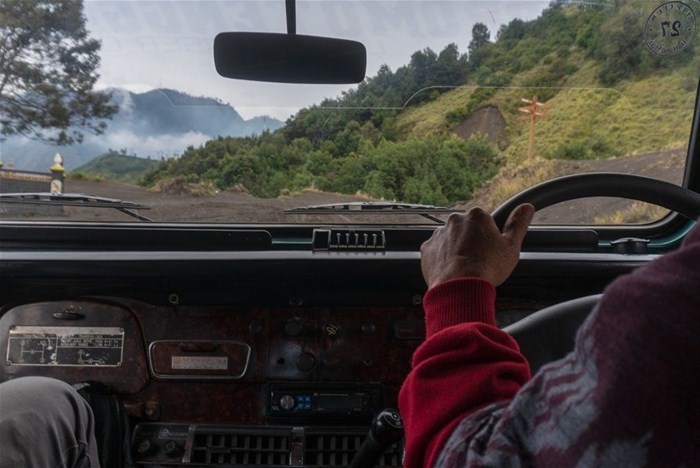
Top stories






AutomotiveHilux Custom Builds offers purpose-built solutions for your business
Toyota South Africa Motors 16 Feb 2026
More news


Marketing & Media
Ads are coming to AI. Does that really have to be such a bad thing?














Car maintenance
Arriving safely at your destination takes work. The first step is ensuring your vehicle’s maintenance is in order. The managing director of MasterDrive, Eugene Herbert, explains: “Before setting off on a long journey ensure your services are up-to-date, windscreen wipers have not degraded, tyres are not worn and correctly inflated. Crashes as a result of ill-maintained vehicles are a common occurrence.”
Plan your route before departing. “This includes paying close attention to areas where crashes are common and planning where to stop. Once you have this route, stick to it.”
Employ defensive driving techniques throughout the trip. “This includes paying attention to the drivers around you and watching out for any reckless behaviour that could endanger other drivers. If you can see another driver is about to act recklessly well before they actually do it, it gives you time to react before their driving becomes a hazard.
“This includes watching the sides of the roads for pedestrians and animals which may suddenly cross. Every year, one of the largest groups of fatalities is pedestrians. As you near towns or see road signs warning of pedestrians, pay heed and adjust your driving accordingly.”
Studies in recent years suggest that fatigued driving is becoming as large a threat to motorists as what drunken driving is. “Ensure you get a good night’s sleep before setting off. If you did not sleep well the night before rather get a few more hours shut eye and arrive at your destination slightly later. If you feel sleepy while driving, take a break and wait until you feel refreshed before leaving again.
“While many prefer leaving at night, it can also be safer to wait for daylight hours. Besides the challenges it creates with fatigue and reduced visibility, night-time is also when you are more likely to encounter drivers who may be attempting to avoid law enforcement. These are the drivers you don’t want to share the road with.”
Ensure you are properly hydrated and nourished. “Take time to prepack plenty of healthy snacks and water. This will assist with your concentration levels and avoid the energy crash that often follows unhealthy foods and sugary drinks.”
At the end of the trip remember to do all of the above again. “The trip home should take as much planning as the one there. Avoid trying to rush home and taking unnecessary risks. There can be no better end to a trip than arriving home refreshed, destressed and above all, safely,” advises Herbert.